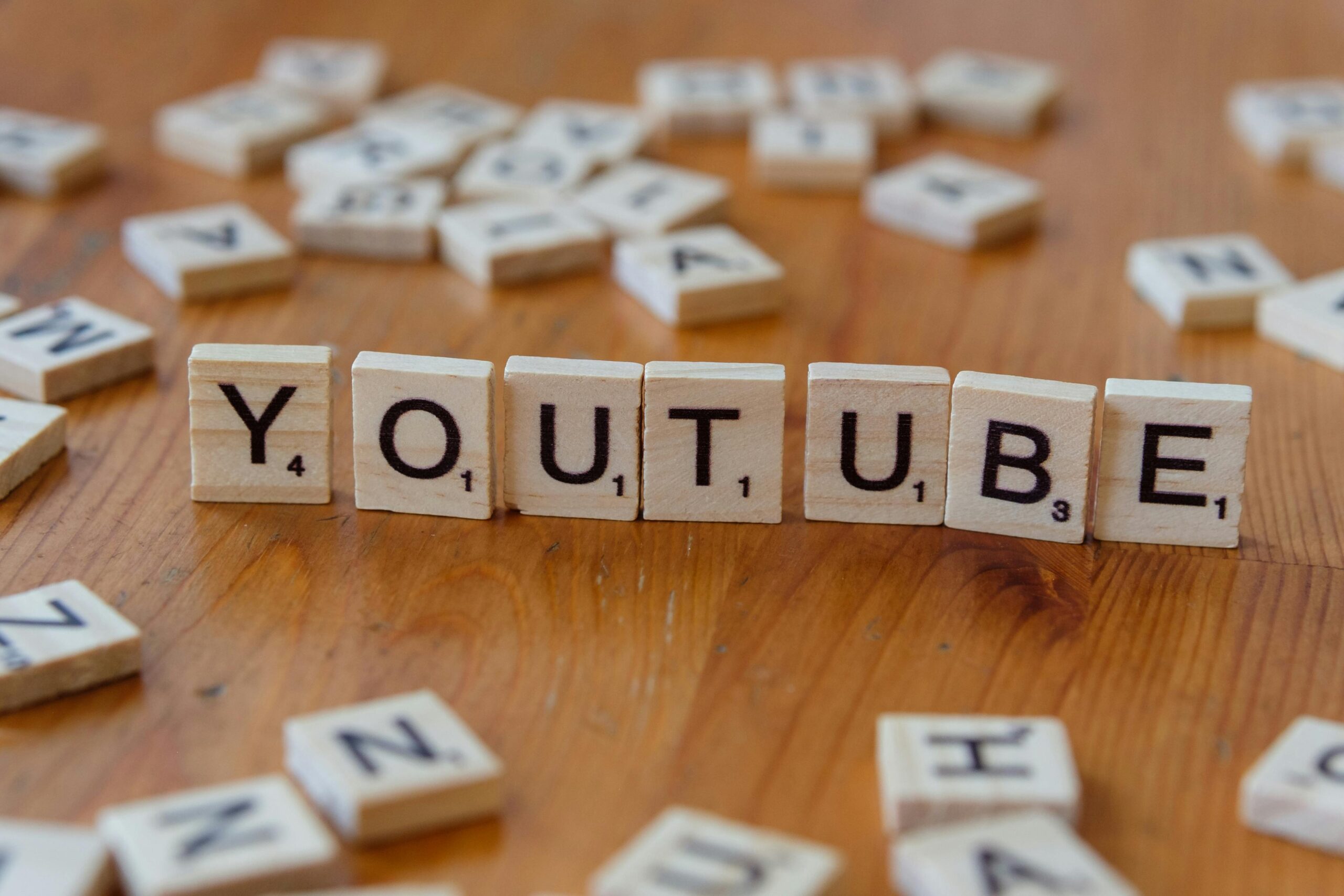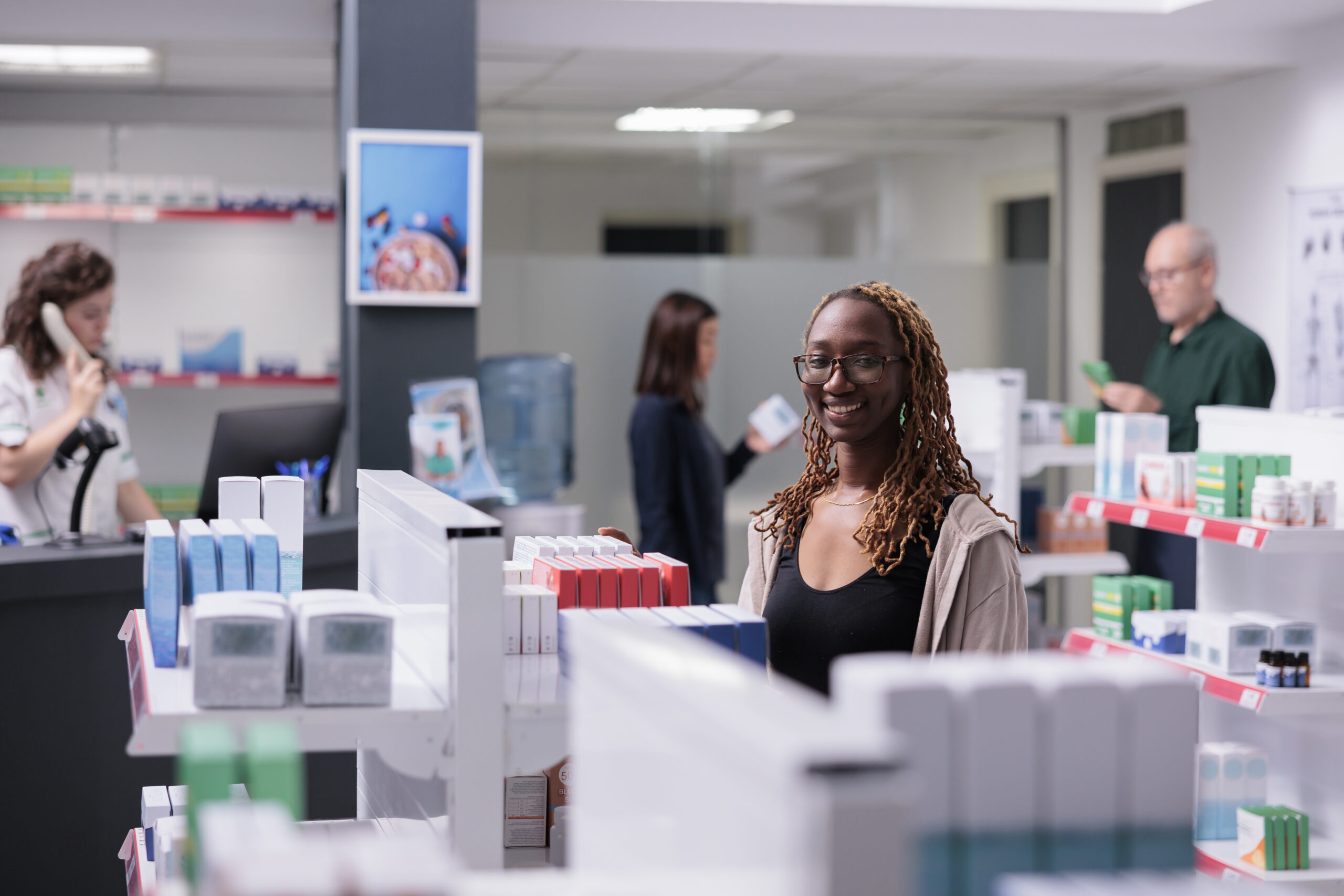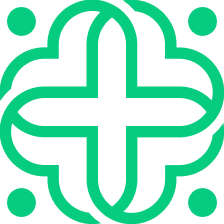Five days ago, we posted our first patient story on YouTube.
342 views.
By social media standards, that’s nothing really. No viral moment. No algorithm boost. But I’m over the moon cos here’s the thing about these healthcare stories – they don’t need to go viral to matter.
The video simply features a patient sharing their journey and experience through Nigeria’s healthcare system. Just raw, honest storytelling about what it means to navigate healthcare in a system that needs to be more patient-centric.
Anyway, it’s Feb 14th – Valentine’s Day and you’d noticed how everyone’s life looks perfect on Instagram.
Perfect couples. Perfect meals. Perfect holidays.
But illness? Pain? Health struggles? Those rarely make the highlight reel on IG…
I’ve been thinking about this a lot lately while building the Campaigns feature for patient.ng. There’s this unspoken rule on social media: keep it light, keep it bright, keep it aspirational.
Then 2 days ago, something interesting happened.
We were testing our Campaign feature when one of our content managers shared something fascinating. She’d been managing diabetes for 3 years and said something that hit hard:
“The hardest part isn’t even the medical bills. It’s feeling like you’re the only one struggling while everyone else’s life looks perfect online.”
Man. That got me thinking…
What if we could make it normal to talk about health struggles online? Not in a sob-story way, but in a “hey, this is real life, and sometimes we need support” way?
That’s exactly what we’re trying to do with our Green-Heart system on patient.ng. It’s like Instagram likes, but with purpose. Each Green-Heart represents someone saying “I see you, I understand, and I want to help.”
While building this feature, we realized something crucial about digital transformation in healthcare. It’s not just about moving traditional processes online. It’s about changing the culture of how we talk about health.
Think about it:
– WhatsApp groups have become informal support networks
– Twitter threads sometimes offer better medical bill fundraising than traditional methods
– And yes, even our “small” YouTube video is reaching people who need to hear they’re not alone.
Yet most healthcare platforms still feel like they’re stuck in 2005. All formal. All clinical. All… well, boring. (I recently banned all those gimmicky “World diabetes day” kinda posts on our IG page…)
That’s why we’re taking a different approach with patient.ng. Yes, we would verify campaigns. Yes, we would have proper medical oversight. But we also understand that sometimes support looks like a Green-Heart from a stranger who gets what you’re going through and may not have spare funds to donate.
We’re launching our first batch of verified campaigns next month. They would be for drug prescriptions bill support at first and would subsequently extend to funding emergency surgeries and supporting ongoing treatment for chronic conditions. But beyond the medical aspects, each campaign promises to tell a story. Real stories. Not Instagram-perfect stories, but human ones.
(Quick flex: Our beta campaigns test-run already connected our content manager with a pharmacy sponsor for their monthly insulin supply at a significant discount. Small wins, but they matter!)
Here’s something I’m curious about: How do you think social media has changed the way we talk about health? Have you ever found support online for a health challenge? Or better yet – have you ever supported someone through their health journey because of a social media post?
P.S:
To the 342 people who watched our video so far – thank you for choosing real stories over perfect ones.
And if you’re dealing with a health challenge and feeling alone in your “Instagram-perfect” circle… trust me, you’re not. There’s a whole community waiting to support you on patient.ng.








